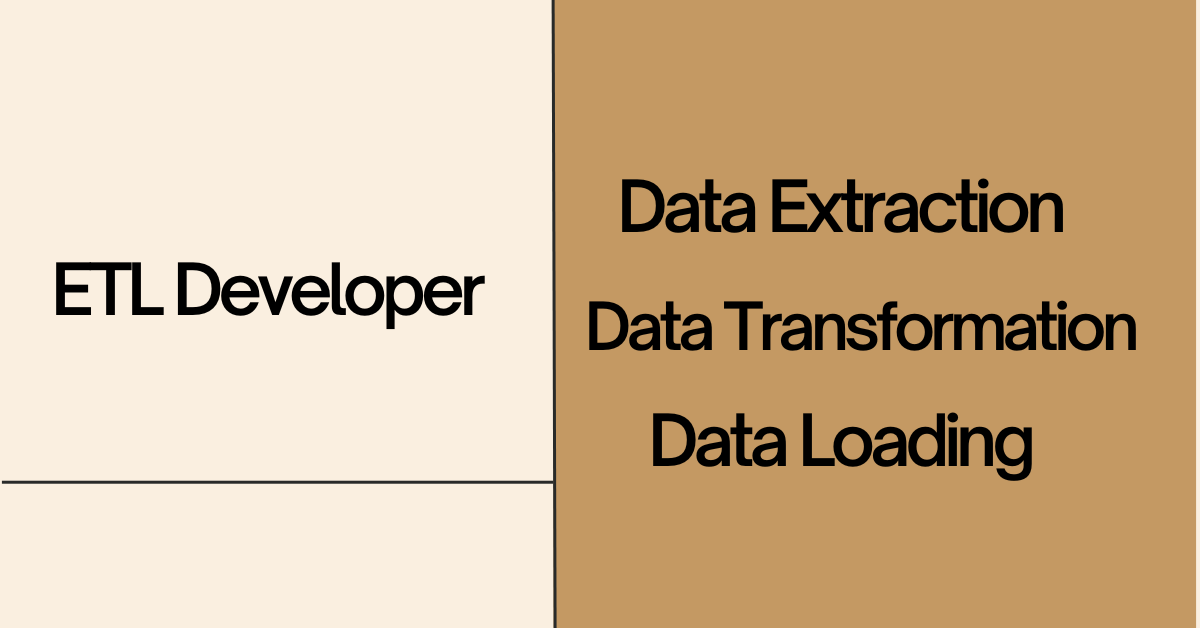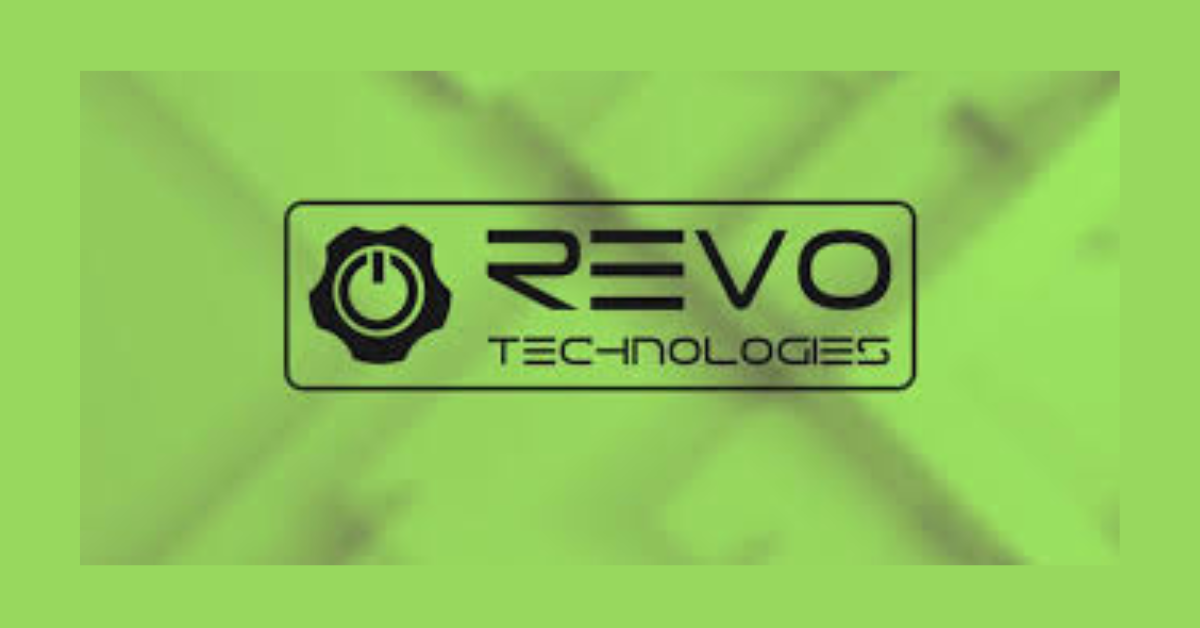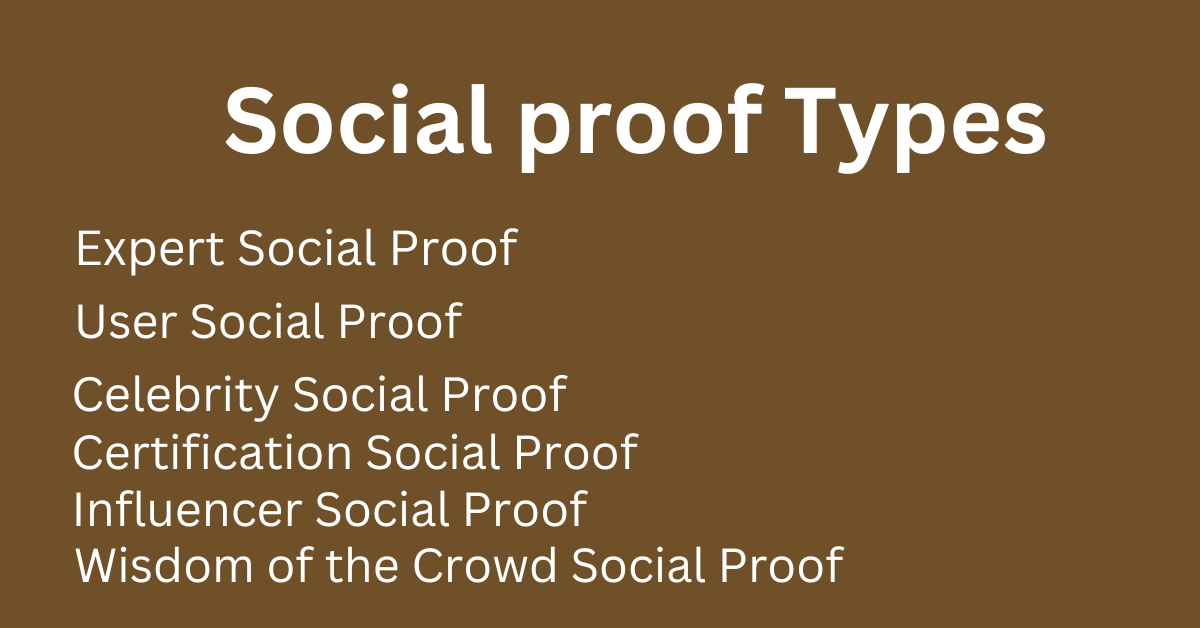Introduction
In the modern era of data-driven decision making, organizations increasingly rely on data integration processes to make informed business decisions. An ETL (Extract, Transform, Load) Developer plays a crucial role in these processes. ETL Developers are responsible for designing and implementing solutions that consolidate data from various sources, transforming it into a usable format, and loading it into a data warehouse for analysis. This article delves into the role, responsibilities, essential skills, and more related to ETL Developers.
What is an ETL Developer?
An ETL Developer is a specialized software developer responsible for extracting data from different sources, transforming it into a consistent format, and loading it into a data warehouse or database. This process, known as ETL, ensures that data is accurate, accessible, and ready for analysis. ETL Developers are pivotal in maintaining data integrity and supporting business intelligence initiatives.
Core Responsibilities of an ETL Developer
a. Data Extraction
ETL Developers are tasked with identifying data sources and extracting raw data. This involves connecting to various databases, APIs, and other data repositories to pull the necessary data.
b. Data Transformation
After extraction, the data often needs to be cleaned, standardized, and transformed. ETL Developers write complex SQL queries and use ETL tools to manipulate data, ensuring it meets the business requirements and is in a consistent format.
c. Data Loading
Once transformed, the data must be loaded into a destination system, such as a data warehouse or database. ETL Developers ensure that this process is efficient and does not disrupt existing data structures.
d. Performance Tuning
ETL processes can be resource-intensive. ETL Developers optimize these processes to ensure they run efficiently and do not degrade the performance of the data systems.
e. Data Quality Management
Ensuring the accuracy and consistency of data is a crucial part of the ETL Developer’s role. They implement data validation and error-checking mechanisms to maintain high data quality.
f. Documentation and Reporting
ETL Developers document the ETL processes, configurations, and any changes made. They also create reports to provide insights into the ETL operations and data quality.
Essential Skills for an ETL Developer
a. SQL Proficiency
SQL (Structured Query Language) is fundamental for ETL Developers. They use SQL for querying databases, transforming data, and ensuring efficient data extraction and loading processes.
b. Programming Knowledge
Knowledge of programming languages like Python, Java, or Scala is advantageous.These languages are often used to write custom ETL scripts and automate processes.
c. ETL Tools Expertise
Familiarity with ETL tools like Informatica, Talend, Apache Nifi, and Microsoft SSIS (SQL Server Integration Services) is crucial. These tools facilitate the ETL process and improve efficiency.
d. Data Warehousing Concepts
Understanding data warehousing principles, including schema design, indexing, and partitioning, helps ETL Developers in organizing and optimizing the data storage.
e. Problem-Solving Skills
ETL Developers often encounter complex data issues that require strong analytical and problem-solving skills to resolve.
f. Attention to Detail
Ensuring data accuracy and consistency demands a meticulous approach. ETL Developers need to be detail-oriented to catch and correct errors.
ETL Development Process
The ETL development process typically involves several steps:
a. Requirement Gathering
The first step is understanding the business requirements and data needs. ETL Developers work with stakeholders to define the scope and objectives of the ETL processes.
b. Data Source Identification
Identifying and cataloging the data sources from which data will be extracted is crucial. This can include databases, files, APIs, and more.
c. Data Extraction
The ETL Developer extracts data from the identified sources. This may involve writing complex queries or using ETL tools to connect to data sources.
d. Data Transformation
Transforming data to fit the required format involves cleaning, filtering, aggregating, and standardizing the data. This step often includes data validation and error checking.
e. Data Loading
The final step is loading the transformed data into the target database or data warehouse. This step must be carefully managed to avoid data loss or corruption.
f. Testing and Validation
ETL processes are thoroughly tested to ensure they meet the requirements and perform as expected. Data validation checks are implemented to ensure data quality.
g. Deployment and Monitoring
Once tested, the ETL processes are deployed into production. Continuous monitoring is necessary to ensure they run smoothly and efficiently.
FAQs
How does an ETL Developer differ from a Data Scientist?
An ETL Developer focuses on data integration processes, while a Data Scientist analyzes and interprets complex data to derive insights. Data Scientists often rely on the work of ETL Developers to access clean and transformed data.
What industries employ ETL Developers?
ETL Developers are employed across various industries, including finance, healthcare, retail, technology, and government sectors.
What are some popular ETL tools?
Popular ETL tools include Informatica PowerCenter, Talend, Apache Nifi, Microsoft SSIS, and Pentaho Data Integration.
Is coding knowledge necessary for an ETL Developer?
Yes, coding knowledge, particularly in SQL and programming languages like Python or Java, is essential for writing ETL scripts and managing data transformations.




